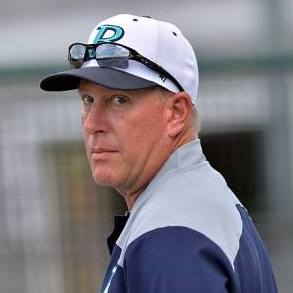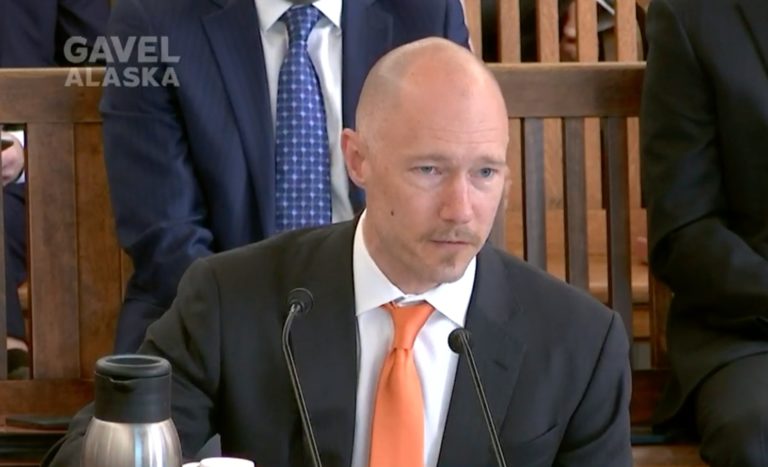By CORRI FEIGE
Alaska has a credibility problem. We have a habit of attracting investment, especially in our oil and gas sector, and then changing the rules after companies have come and made a commitment, by investing and doing business in our state.
Don’t kid yourself by thinking “Oh, they are oil companies… they can afford to pay more.” This reputation is bad for Alaska and very bad for our ability to attract new companies to do things like explore for gas in Cook Inlet, invest in pipeline projects, and explore for the critical minerals that will make Alaska a powerful player in the energy transition.
Yes, you read that right. Our bad reputation has now begun to spread into the mining sector and companies are questioning whether they can trust Alaska to not change the rules and raise their taxes or reclassify the tax status of their business after they have made huge investments in exploration and possibly development.
I have spent the last few days at a major global energy conference talking about the massive critical mineral development that will be necessary to achieve the energy transition to more renewables, and how Alaska will help support that. Alaska is prolifically endowed with the very minerals – nickel, cobalt, graphite, copper, and many more – that are essential to making renewables and new battery technology a reality.
But as I have spoken with people at this conference attended by roughly 30,000 from around the world, I have been shocked and saddened that Alaska’s reputation for changing the rules on oil companies is now recognized more broadly – outside the oil sector — and Alaska is considered a dangerous place to do business because of it.
In Alaska’s heyday, we attracted very large multinational, public companies that came to explore for and discover huge oil fields. They were successful and we have the Permanent Fund Corporation, an annual dividend, and 70% (or more) support for the State’s operating budget as a result.
As the years have gone by, our oil fields have declined and most of the big public companies have left Alaska for other places that provide big opportunities at a lower cost than Alaska. Yes, it is expensive to do business in Alaska, even for big oil companies.
But rather than recognizing that we need to work with companies to make it attractive for them to stay in Alaska, we have seemingly acted out of desperation and raised taxes and removed incentives at exactly the wrong times.
We’ve been successful in one thing, driving companies out because of a misguided notion that they somehow needed to be penalized for producing oil in Alaska, paying taxes, employing Alaskans, contributing to the Permanent Fund and driving the state’s economy.
And now that reputation has begun to spread like cancer. The perception of Alaska as an unfair place to do business is impacting the reality of our ability to attract companies in other resource development sectors beyond oil. We should all be a little horrified by that.
There is currently a bill (SB 114) in the Legislature that would again “bait and switch” on Alaska’s businesses. This one is aimed at changing the tax status on private “S-Corporations” in the oil business, making them subject to the same corporate taxes that the big public corporations pay.
But the implications of this seemingly oil-only change are far reaching. The resource development community broadly doesn’t trust that Alaska won’t change the rules on their companies, too. This will result in them going to other places in the world to develop the minerals needed for energy transition. It will also ensure that the smaller private companies that Alaska so desperately needs for the future of our oil business will go other places as well.
Corri Feige, retired commissioner of the Alaska Department of Natural Resources and current president at Terra Piniun, LLC., has over 30 years of global experience in resource development. Photo: Rob Bussell








